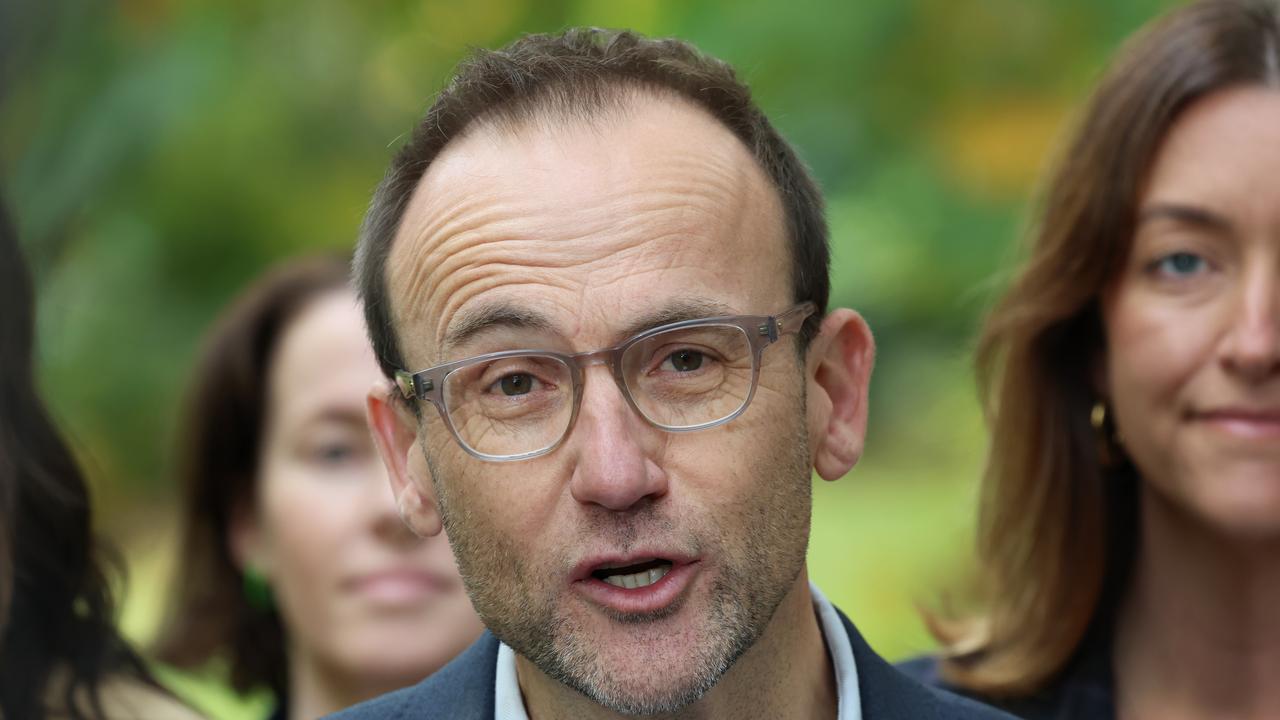Peta Credlin: The Medicare changes are an important reform for the health industry
The proposed changes to Medicare are modest and necessary but that won’t stop Labor’s hypocrisy, inconsistency and factual inaccuracy in their scare campaign, writes Peta Credlin.

Opinion
Don't miss out on the headlines from Opinion. Followed categories will be added to My News.
The conventional wisdom, at least on the conservative side of politics, is that big reform is becoming impossible.
Unless Labor is prepared to support it, and this happens rarely nowadays, the Coalition either gets nothing through an increasingly fractious senate, or it’s forced into deals with a motley crew of populist crossbenchers, all trying to extract a blood price for their vote.
Even when the reform was something the ALP had previously supported, blocking bills for the sake of it has become the new Labor way.
A good example here is the fate of the 2014 budget. Labor, after all, had previously supported a modest Medicare co-payment, lower indexation for social security payments, and raising the pension age, yet ferociously opposed all of these measures when tried by an incoming Coalition government.
In a couple of weeks’ time, we’re going to find out whether small reform is impossible too. As you’d expect, health technology and medical practice is changing all the time. Cardiac procedures, for instance, that once required major open-heart surgery, can now be done using catheters. Eye operations, that once required hospitalisation, can now be done in day-surgeries.

And because, quite properly, all governments’ instinct, even now, is to try to make the quantum of spending go as far as possible, back in 2016, the federal government began a Medicare review to consider which rebates should be added, scrapped or altered to reflect contemporary practice,
and to ensure that patients and taxpayers got the best results from our Medicare spend.
The public service taskforce made its recommendations to government in 2018 and 2019, and then liaison groups were set up with medical and patient representatives to consider further and refine changes to the cardiac, orthopaedic, and general surgery rebates.
All of this work has now been factored into the recent announcement to change about 1000 (of the nearly 6000) Medicare Benefits Schedule items from July 1. Only nine procedures have been entirely deleted but some procedures currently covered under several items, such as bone grafting and bone fusion, for instance, have been consolidated into an item for repairing a patient’s wrist.
Of the 600 orthopaedic items subject to change, 168 are new, 280 are amended, and 137 are superseded items that have been consolidated into new or amended items. Many rebates have been increased, such as ankle fracture repair (up from $582 to $741), collarbone fracture repair (from $233 to $538) and knee replacement (from $464 to $757).
The government estimates that the overall budget impact of these changes will be to increase total Medicare spending by more than $700 million a year – on top of spending that typically increases by about a billion dollars a year anyway and is now $30 billion annually.

But any change that spends less somewhere to spend more elsewhere is going to produce winners and losers and, in politics, the losers always have the loudest voice. In this instance, orthopaedic surgeons (whose annual practice income – albeit before expenses and tax – averages well over half a million dollars) are cranky that some types of hip arthroscopies will no longer be funded.
The AMA says that it supports the changes but that gearing up for them in weeks rather than months “leaves the health system and patients at risk”.
Likewise, the Consumers Health Forum supports the reforms but says that the process has been “rushed”, despite starting five years ago and being workshopped extensively at every stage. All of which is fertile ground for a Labor Party that remembers how “Medi-scare” almost won the 2016 election against the woefully poor campaigner Malcolm Turnbull, despite experts, such as the head of private healthcare, stating claims that routine surgeries would be defunded with patients thousands of dollars out-of-pocket were “a big beat up” and “completely wrong”.
At the time this review was launched, Labor claimed that the government was copying its policy. But hypocrisy, inconsistency and factual inaccuracy won’t stop the coming scare campaign; indeed, ACTU ads are already attacking the government for allegedly planning to “wreck Medicare”.
In 2016, Labor used a study to contract out some Medicare back-office functions to justify claims that the government wanted to “privatise” Medicare, even though Labor had itself contemplated the very same thing when in office.
Politics is a test of character. The coming contest over this modest and incremental Medicare reform will certainly be that. It will test the government’s ability to stick with any policy that meets serious resistance; it will test the opposition’s readiness to pass up a cheap political shot in favour of supporting the national interest; it’ will test the professionalism of doctors asked to take a modest fee cut that improves the system for everyone; and it will test the ability of voters to see past the shouting and give governments the benefit of the doubt. Any walk-back, beyond perhaps delaying the introduction of the changes by a couple of months, will mean that all of us have failed.
WATCH PETA ON CREDLIN ON SKY NEWS, WEEKNIGHTS AT 6PM




